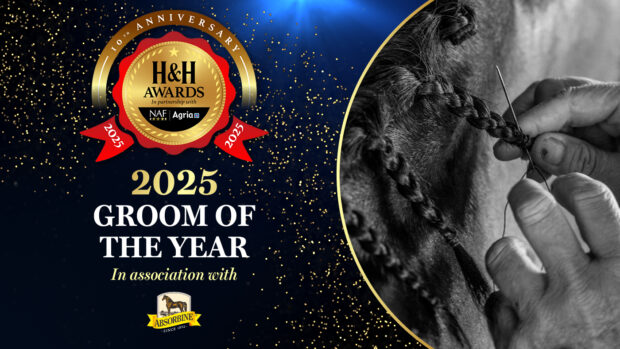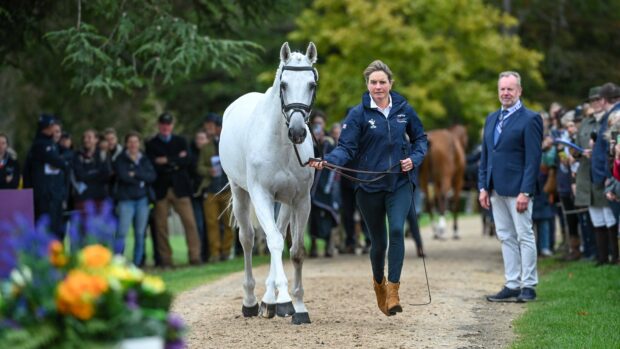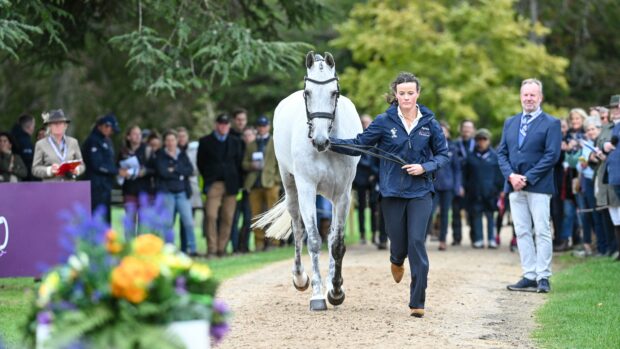Q: I am looking for a job as a groom on a competition yard and responded recently to an advert for an experienced event groom/rider. The ad said I would be looking after top event horses and that I would travel to events at home and abroad.
Having phoned the yard owner, I went for an interview the following week. The lady offered me the job, but asked if I would come for a week’s trial first. I was told I would be riding every day and doing light yard duties. I liked the sound of the job, so agreed to do this.
The owner said she would pay me for the week and provide accommodation, but we did not agree a daily or weekly rate. However, during the trial week I never rode once, but mucked out and tacked up and untacked horses all day. I also had to provide my own food and pay £35 in train fare to get to the premises.
The yard owner was pleased with my work and annoyed when I said I didn’t want to stay because the job wasn’t what I’d been expecting. She has not paid me or reimbursed any of my costs.
Is it usual to work a week’s trial for nothing? I feel used. What should I — and other grooms in a similar situation — do if asked to work a trial period, to avoid this happening in the future?
A: Although it’s understandable that you agreed to do the week’s trial because you were keen to get the job, you should not be expected to work for anyone for nothing unless you have agreed to and are happy about it.
You should also have the terms of any agreement put in writing by the person employing you. That way, you will have a stronger case — with less scope for disagreement — if you are not paid and decide to make a claim through the Employment Tribunal for breach of contract and/or unlawful deduction of wages.
“Always ensure any agreement reached is recorded in writing — at least as a letter of appointment, if not a full contract (which would be better) — and that the written agreement accurately records your own understanding of what has been agreed and what is acceptable to you,” advises Stuart Farr of Laytons Solicitors in Manchester.
On the subject of employment and trial periods, the British Horse Society states: “From the outset, all new staff should have a written contract that clearly states the role they are taking on and the tasks that will be their responsibility. Usually there would be a probationary period of one to three months depending on the vacancy.”
However, in the equestrian world it is fairly common for grooms to work a trial period when they start a new job. Suzanne Goringe from Wellington Riding School in Hook, Hants, asks potential employees who have interviewed well to work at the centre for a day prior to starting full-time work. They are told in advance that they will receive training in the form of a riding lesson during the day in lieu of pay. To reach this stage, they will have been through two thorough interviews.
“During the trial day they are alongside the people they’d be working with if offered the job. At the end of the day, if we, and they, are happy, we make a formal offer of employment. They then start work full-time with a contract,” says Suzanne.
Other employers have a longer trial period, for which grooms are paid the same rate as they would receive once employed full time.
Tez Harrison, head groom at show jumper John Whitaker’s Yorkshire yard, operates a one-month trial period for new grooms, “for them to see if they like us and for us to see if they fit in with our team — a week’s not long enough for either side to decide whether they want to stay on,” he says.
“Although they only have a verbal agreement with the yard during the trial period, they are paid the same wage as they would be on after that, when they would get a formal contract.”
Next time you are asked to work for a trial period, ask the employer for written confirmation of your job description and the terms of the trial period, including what you will be paid and any other benefits.



